What are the Major Goals of Artificial Intelligence?
Overview
In this article, we'll explore the various goals of AI that are intended to be achieved. From solving complex problems to working with machines that can learn and understand language and images, there are many goals of AI. It's not just about machines; AI is also getting into different areas like automation, robotics, and systems that can work on their own. But it's not all about technology—there's an important emphasis on making sure AI is used responsibly and that humans and machines work together smoothly.
Goals of AI (Artificial Intelligence)
As we dive into the dynamic landscape of artificial intelligence (AI), let us have a look at the goals of AI and look at it as a milestone in the evolution of intelligent systems.
-
Solving Complex Problems with AI:
Artificial Intelligence (AI) aims to address complex problems surpassing human computational capabilities. By leveraging advanced algorithms, AI systems excel in data analysis, extracting meaningful insights, and providing unparalleled efficiency in problem-solving. -
Automation and Streamlining Operations:
A core objective of AI is automation, relieving humans of repetitive tasks, streamlining operations, reducing errors, and optimizing resource allocation. Through this, organizations can enhance efficiency and redirect human efforts towards more creative and strategic endeavours. -
Machine Learning for Continuous Improvement:
The integration of machine learning into AI systems enables them to learn from data, adapt to changing environments, and improve performance over time. This iterative learning process allows AI to make predictions, recognize patterns, and enhance decision-making capabilities. -
Advancements in Natural Language Processing (NLP):
Goals of AI in Natural Language Processing (NLP) is to bridge the communication gap between humans and machines. This involves comprehending, interpreting, and generating human language, leading to innovations such as voice assistants, chatbots, and language translation services.
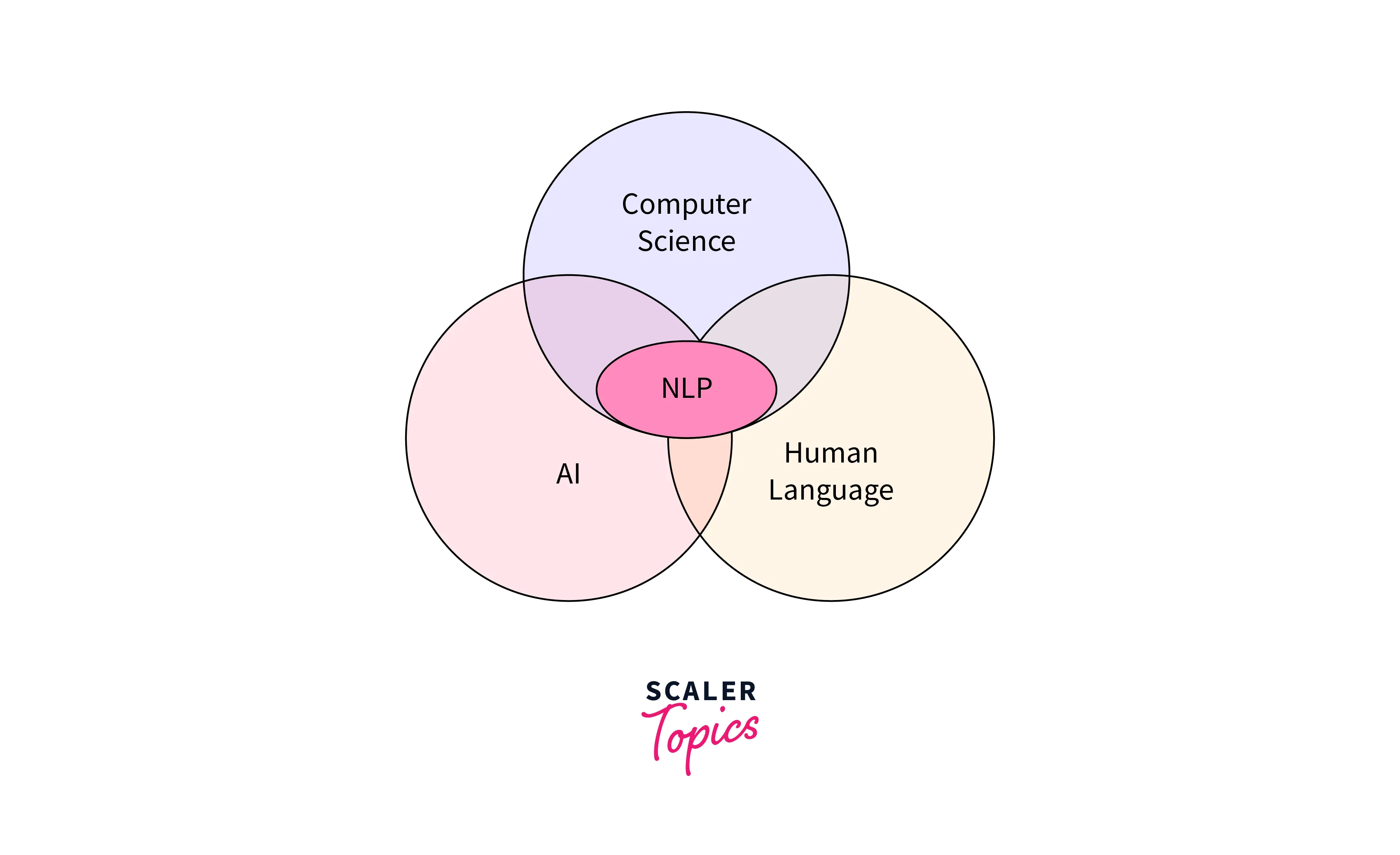
-
Empowering Machines with Computer Vision:
Computer vision is one of the pivotal goals of AI, granting machines the ability to interpret and understand visual information. This capability finds applications in image recognition, object detection, and the development of autonomous vehicles, shaping intelligent systems for visual interaction. -
Integrating AI into Robotics:
The goal of integrating AI into robotics is to create machines capable of perceiving their environment, making decisions, and executing tasks autonomously. This extends to collaborative robots (cobots) that work alongside humans, enhancing productivity in various industries.
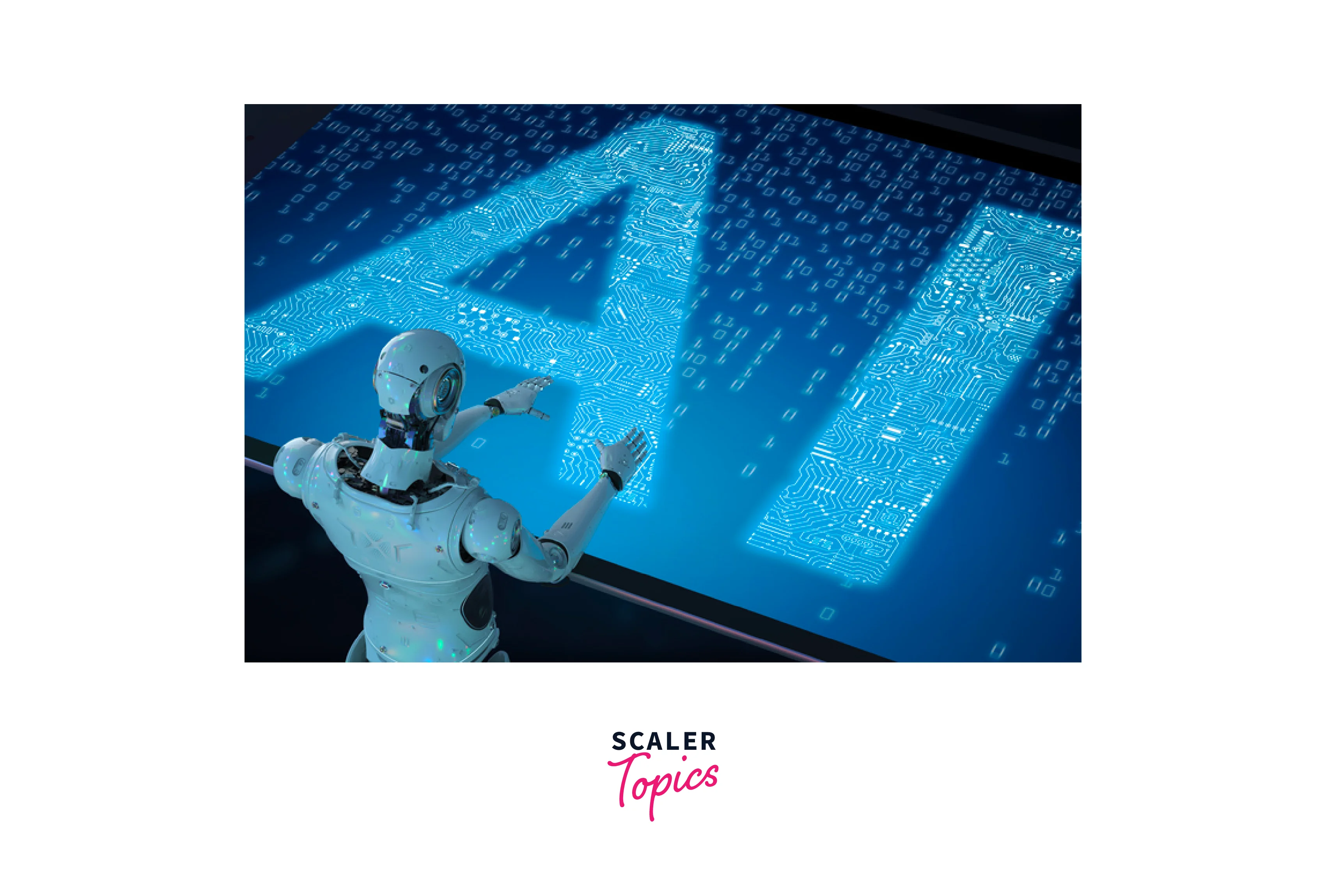
-
Replicating Human Expertise with Expert Systems:
AI aspires to develop expert systems that replicate human expertise in specific domains. These systems, armed with specialized knowledge, contribute to tasks such as medical diagnosis, financial analysis, and complex decision-making. -
Autonomous Systems and Real-world Applications:
The development of autonomous systems, especially self-driving cars and drones, represents the convergence of AI goals with real-world applications. These systems navigate complex environments without human intervention, relying on AI algorithms for decision-making and adaptive responses. -
Addressing Ethical Considerations:
Ethical considerations are:- A critical goal in AI development.
- Focusing on addressing biases in algorithms.
- Ensuring transparency.
- Incorporating ethical frameworks.
This ensures responsible AI applications and builds trust in the technology.
-
Fostering Human-AI Collaboration:
Another strategic goal involves promoting collaboration between humans and AI. This aims to create symbiotic relationships where AI augments human capabilities, leading to innovative solutions and enhanced productivity in various fields.
Advancements in Artificial Intelligence
The rapid evolution of artificial intelligence (AI) is marked by groundbreaking advancements that continually redefine the boundaries of technological possibilities. From enhanced machine learning algorithms to developing sophisticated neural networks, this progress in AI has brought in a new era of intelligent systems capable of solving complex tasks and unprecedented problems.
-
Machine Learning Breakthroughs:
Recent years have witnessed remarkable breakthroughs in machine learning, a core component of AI. Advances in deep learning, reinforced by neural networks with numerous layers, have propelled AI models to unprecedented levels of accuracy and complexity. The advent of transfer learning techniques has enabled models to leverage knowledge gained from one task to excel in another, significantly reducing the need for extensive training data.
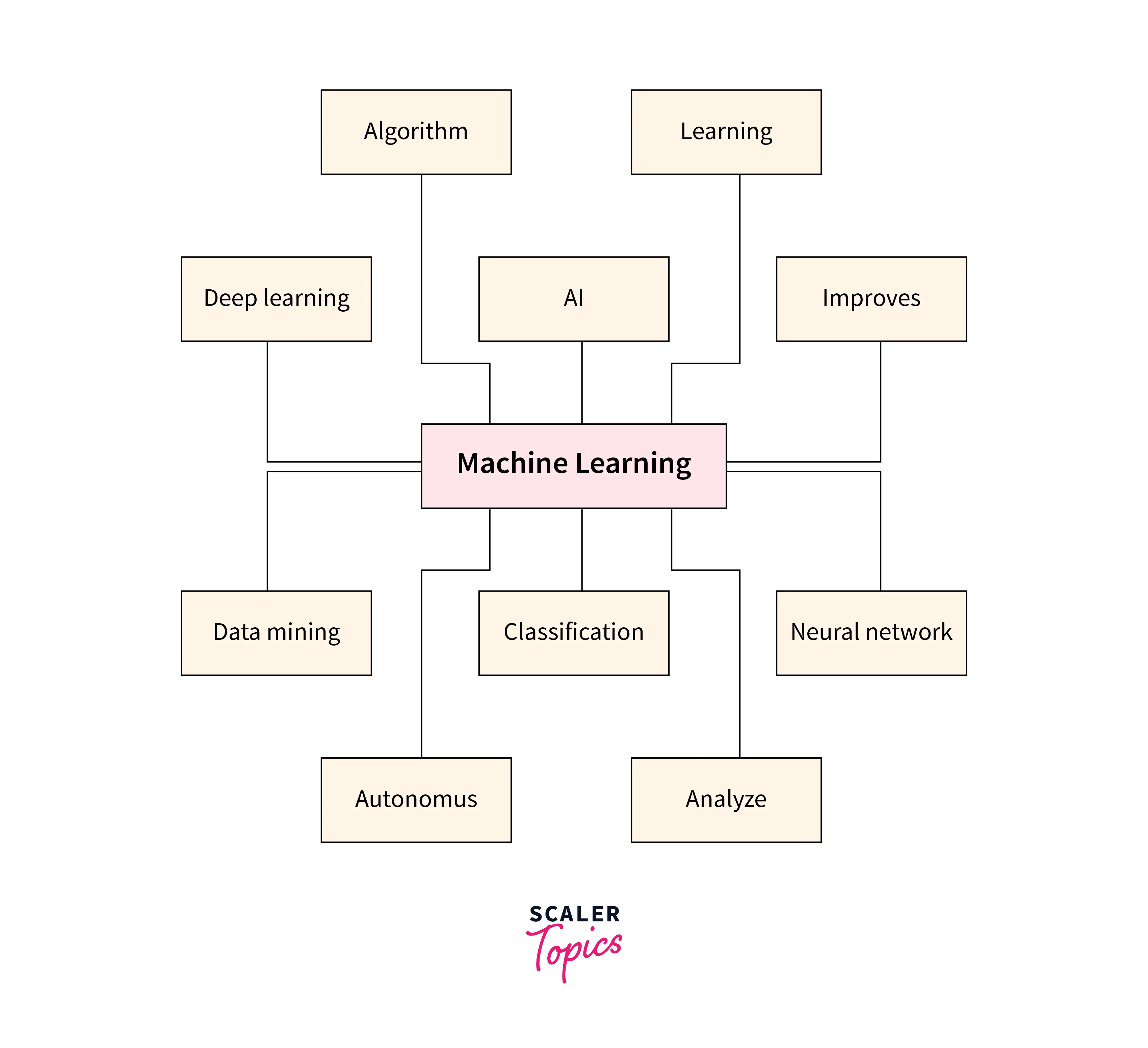
-
Natural Language Processing Innovations:
The realm of Natural Language Processing (NLP) has seen transformative innovations, leading to more context-aware language understanding. Bidirectional models, such as BERT (Bidirectional Encoder Representations from Transformers), have revolutionized language comprehension, enabling AI systems to grasp complicated relationships within textual data. Transformer architectures have become pivotal in handling sequential data, facilitating more efficient language translation and conversation.
-
Computer Vision Advancements:
In the field of computer vision, advancements have resulted in unprecedented accuracy and efficiency in image and video analysis. Convolutional Neural Networks (CNNs) continue to evolve, offering improved object detection, segmentation, and recognition capabilities. Generative models, such as Generative Adversarial Networks (GANs), have opened new possibilities in image synthesis, contributing to creating realistic artificial imagery.
-
Reinforcement Learning Progress:
Reinforcement learning, a paradigm where AI agents learn through trial and error, has seen notable progress. Algorithms like Proximal Policy Optimization (PPO) and Deep Deterministic Policy Gradients (DDPG) have demonstrated superior performance in training AI systems for tasks requiring decision-making in dynamic environments, such as robotic control and game playing.
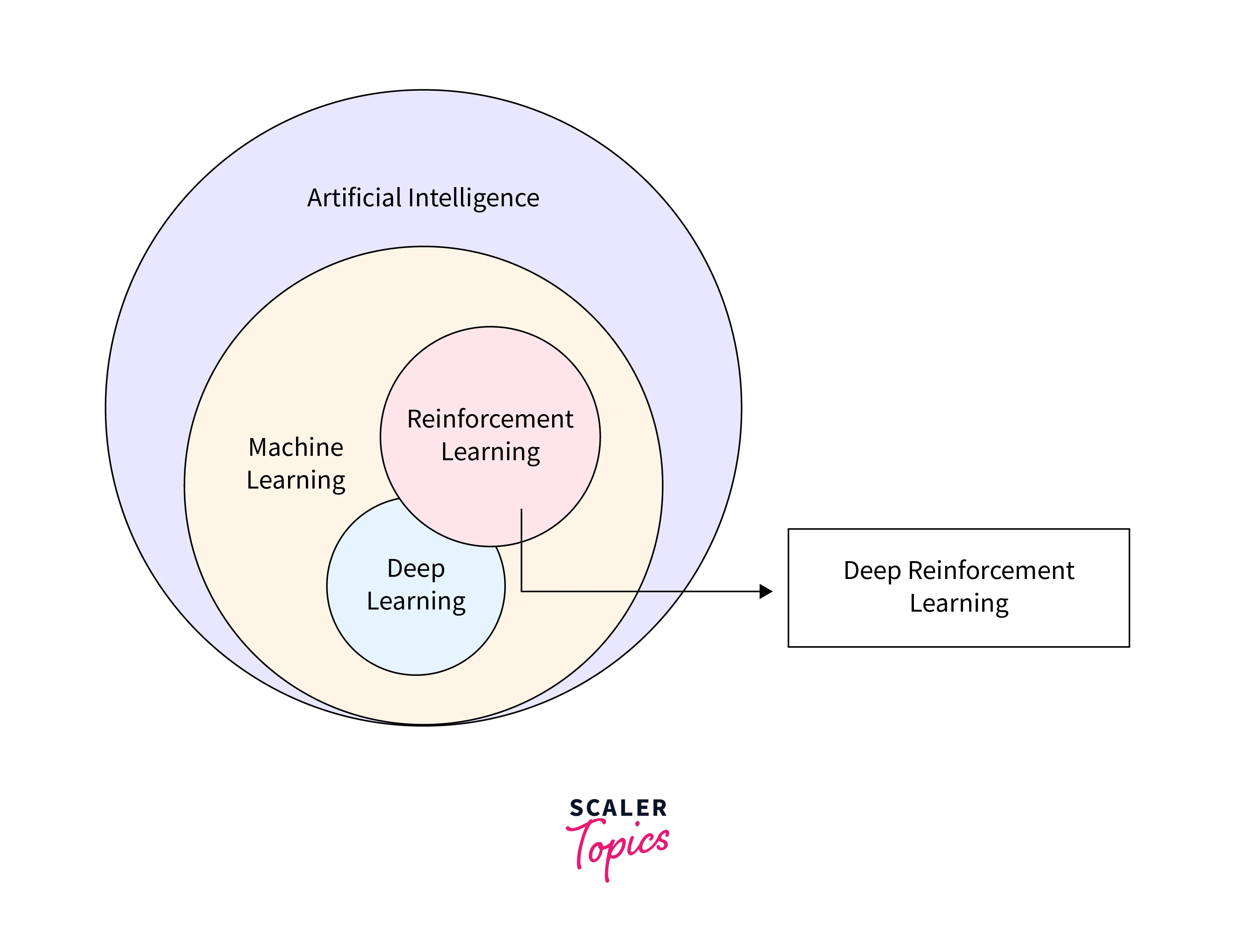
-
Exponential Growth in Computational Power:
The relentless quest for AI advancements is closely tied to exponential growth in computational power. The availability of high-performance GPUs (Graphics Processing Units) and TPUs (Tensor Processing Units) has accelerated the training of complex models, allowing for faster experimentation and iteration in AI research.
-
Explainability and Fairness Initiatives:
As AI systems become more sophisticated, addressing concerns related to explainability and fairness has become a key focus. Researchers are developing techniques to interpret and explain AI decision-making processes, ensuring transparency and mitigating algorithm biases. This emphasis on responsible AI aligns with the ethical considerations inherent in developing and deploying intelligent systems.
-
Interdisciplinary Collaboration:
Advancements in AI are increasingly driven by interdisciplinary collaboration, where experts from diverse fields contribute their insights. The fusion of AI with fields such as neuroscience, psychology, and cognitive science has led to a deeper understanding of human cognition, inspiring new approaches to enhance AI's cognitive abilities and human-machine interaction.
The Impact of Artificial Intelligence on Modern Society
Artificial Intelligence (AI) has become an integral force shaping the landscape of modern society, with deep implications across various sectors. From revolutionizing industries to influencing daily routines, the impact of AI is multifaceted, enabling transformative changes that extend from the workplace to healthcare and beyond.
-
Automation and Labor Dynamics:
One of the most noticeable impacts of AI is the automation of tasks, leading to shifts in labour dynamics. Automation increases productivity and streamlines processes, but it also raises concerns about the potential loss of some employment. However, the integration of AI often creates new roles and opportunities, necessitating a reevaluation of workforce skills and education. -
Enhanced Efficiency in Industries:
Industries across the board experience heightened efficiency and productivity due to AI implementation. From manufacturing and logistics to finance and customer service, intelligent systems optimize processes, reduce costs, and minimize errors. Predictive analytics and machine learning algorithms allow businesses to make data-driven decisions, gaining a competitive edge in the market. -
Revolutionizing Healthcare:
AI's impact on healthcare is revolutionary, with applications ranging from diagnostic tools to personalized treatment plans. Machine learning algorithms analyze vast datasets to identify patterns and predict diseases, enabling early detection and intervention. Robotics and AI-powered surgical systems enhance precision in medical procedures, ultimately improving patient outcomes.

-
Transforming Education:
The education sector is transforming as AI introduces personalized learning experiences. Adaptive learning platforms utilize AI algorithms to customize educational content to individual student needs, creating a more engaging and effective learning environment. Virtual tutors, powered by natural language processing, provide additional support to students, promoting educational inclusivity. -
Innovations in Financial Services:
AI's impact on the financial sector is evident in the form of algorithmic trading, fraud detection, and customer service enhancements. Intelligent systems analyze market trends in real-time, optimize investment portfolios, and identify potential fraudulent activities, contributing to the overall stability and security of financial operations.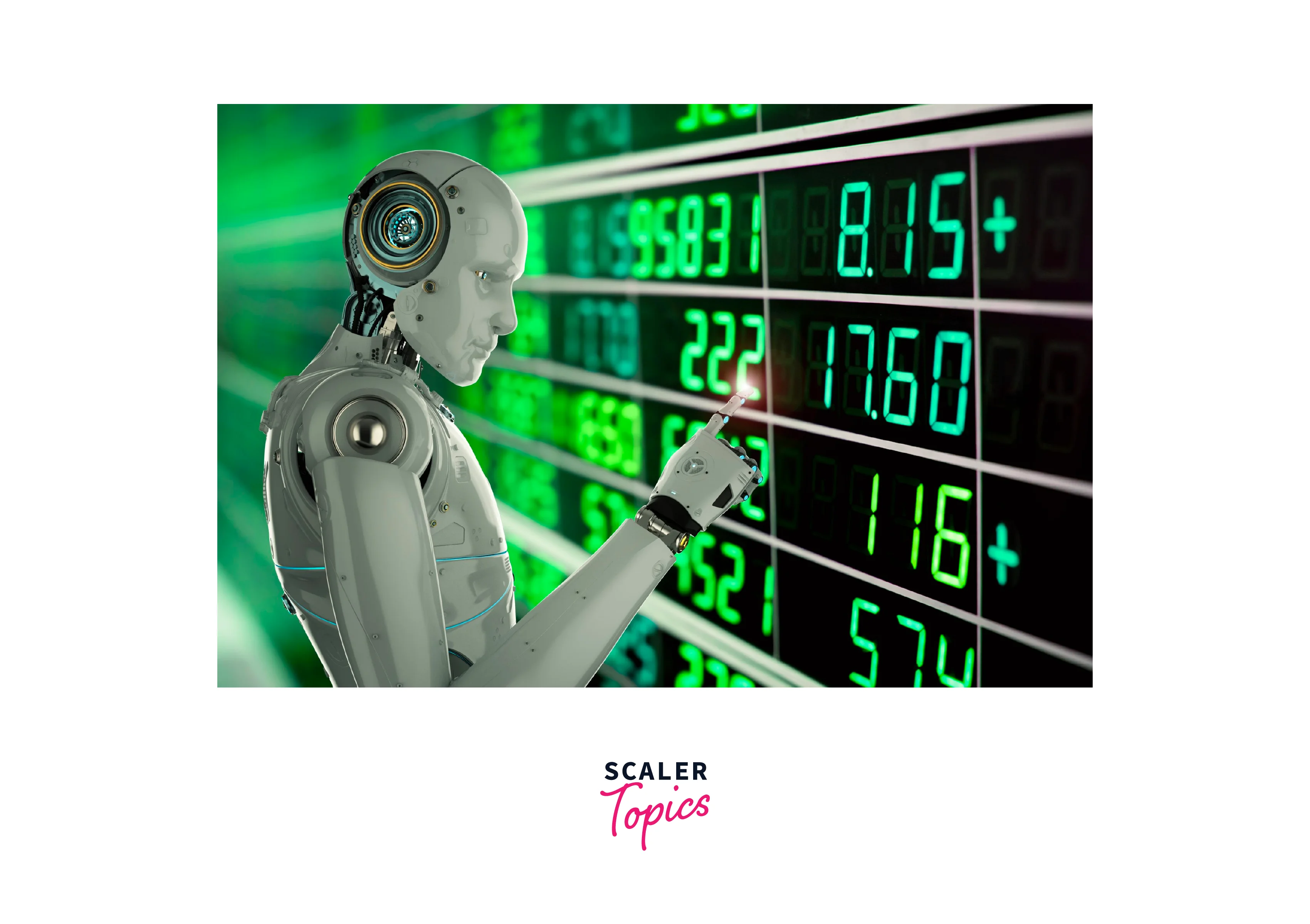
-
Advancements in Transportation:
Transportation is undergoing a transformative shift with the integration of AI in autonomous vehicles and smart traffic management. Self-driving cars and trucks aim to enhance road safety and efficiency, while AI-driven traffic systems optimize routes, reduce congestion, and improve overall transportation infrastructure. -
AI in Social Media and Communication:
Social media platforms leverage AI for content recommendation, user engagement analysis, and moderation. Natural language processing enables chatbots and virtual assistants to provide instant customer support. However, the ethical implications of AI in influencing public opinion and privacy concerns necessitate careful consideration and regulation. -
Ethical and Societal Considerations:
The pervasive influence of AI raises ethical considerations, including issues related to bias in algorithms, job displacement, and the responsible use of technology. Societal discussions around AI's impact involve establishing ethical guidelines, ensuring transparency, and creating inclusivity to mitigate potential negative consequences. -
Addressing Bias and Fairness:
As AI systems learn from historical data, concerns about bias in algorithms have gained prominence. Efforts are underway to address these issues, promoting fairness and inclusivity in AI applications. Initiatives focus on developing unbiased algorithms and establishing ethical frameworks to guide the responsible deployment of AI technologies. -
Future Trajectory and Human-AI Collaboration:
The impact of AI on modern society is dynamic, with ongoing advancements shaping its trajectory. The future promises increased collaboration between humans and AI, where intelligent systems augment human capabilities, leading to innovative solutions and improved overall quality of life.
FAQs
Q. How does AI enhance efficiency and automation in business?
A. AI enhances efficiency in business by automating repetitive tasks, optimizing processes, and making data-driven decisions. Machine learning algorithms analyze large datasets to identify patterns, enabling businesses to streamline operations, reduce costs, and improve overall productivity.
Q. What are the applications of AI in healthcare?
A. AI applications in healthcare include diagnostic tools, personalized treatment plans, and predictive analytics. Machine learning algorithms analyze medical data to identify patterns and predict diseases. Robotics and AI-powered surgical systems enhance precision in medical procedures, improving patient outcomes.
Q. What are the security implications of AI technology?
A. The security implications of AI include concerns about biased algorithms, potential misuse, and vulnerabilities to adversarial attacks. Ethical considerations related to privacy and data protection are crucial. Developing robust security measures and ethical guidelines is essential to mitigate these risks.
Q. What is the future impact of AI on the job market?
A. The future impact of AI on the job market involves a shift in job roles, with certain tasks being automated while new roles emerge. While automation may lead to job displacement in some areas, AI is also expected to create new opportunities and demand for skills in areas such as AI development, data analysis, and human-AI collaboration. Ongoing education and upskilling will be crucial to adapting to the evolving job market.
Conclusion
- Diverse AI Goals:
The article explores AI goals, from complex problem-solving to automation, machine learning, and computer vision, shaping the technology's development. - Technological Strides in AI:
Advancements in machine learning, NLP, computer vision, and reinforcement learning redefine AI capabilities, propelling it into new frontiers. - AI's Broad Impact:
AI's transformative influence spans industries, automating labour and revolutionizing healthcare, education, finance, and transportation. - Ethical AI Development:
The article emphasizes ethical considerations, discussing initiatives addressing biases, ensuring transparency, and promoting responsible AI development. - Future of AI Collaboration:
Anticipating increased collaboration between humans and AI, we discussed the future impact on the job market and ongoing AI evolution.
